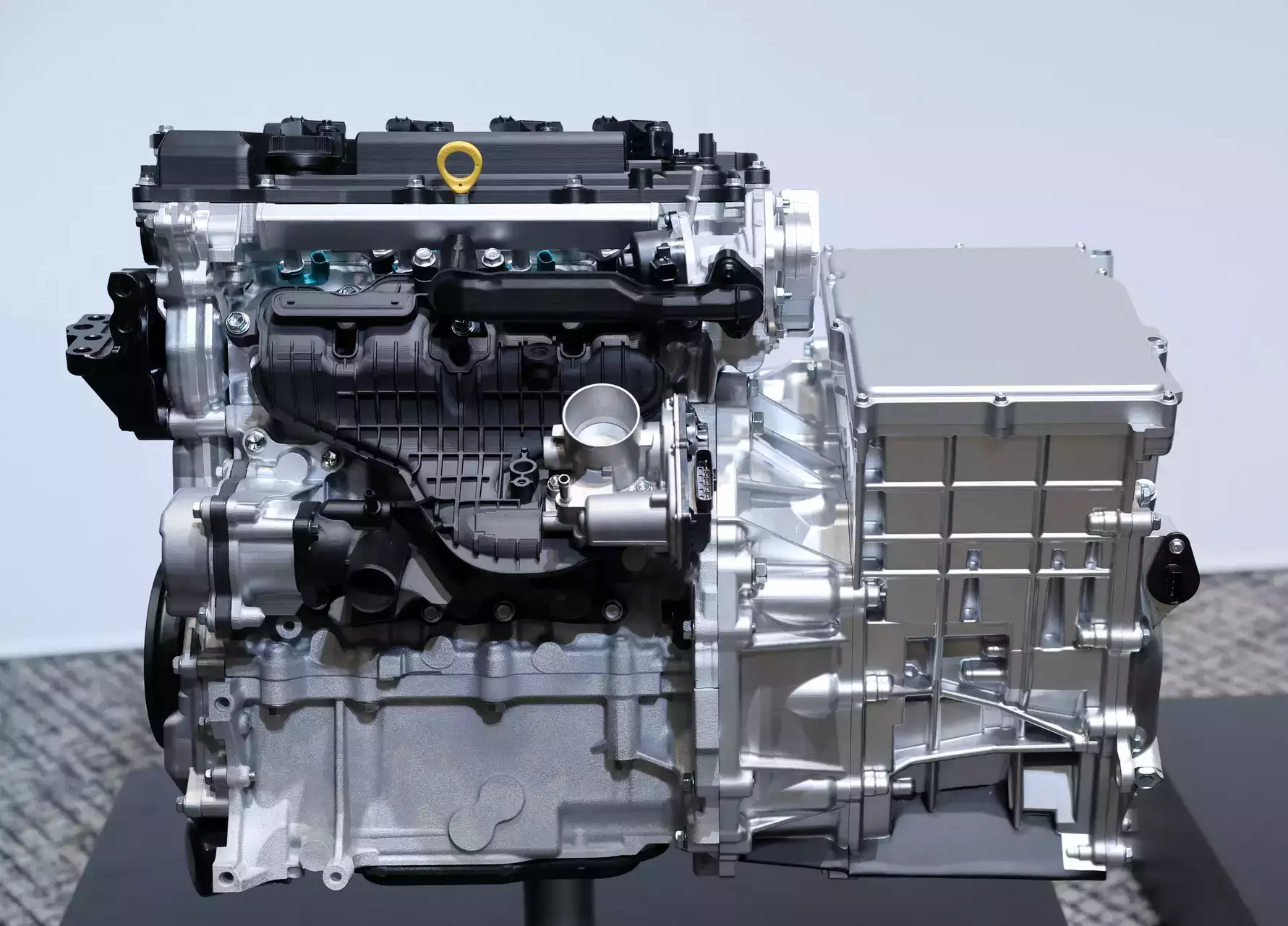
At a media event with peers Subaru and Mazda Motor, the world's biggest automaker by volume displayed in-development 1.5 litre and 2.0 litre engines with significantly reduced volume and height versus current engines.
"With these engines, each of the three companies will aim to optimise integration with motors, batteries, and other electric drive units," they said in a joint statement. Toyota owns about a fifth of Subaru and roughly 5% of Mazda.
The three said their efforts will help decarbonise internal combustion engines by making them compatible with alternative fuel sources such as e-fuels and biofuels.
Toyota, which has benefited from an uptake of petrol-electric hybrids in markets such as the U.S. after drivers cooled on electric vehicles, hopes a more compact engine will revamp vehicle design by allowing for lower hoods.
It said its new 1.5 litre engine will achieve volume and weight reduction of 10% of versus its existing 1.5 litre engines, which it uses in cars such as its Yaris compact.
The new 2.0-litre turbo engine will have similar gains versus existing 2.4 litre turbo engines used in bigger models such as three-row seating sport utility vehicles.
Chief Technology Officer Hiroki Nakajima declined to say when Toyota will launch models equipped with the engines.
Automakers face tougher emissions standards in markets such the European Union where policymakers are working toward emissions rules known as "Euro 7" for cars and vans from 2030, before banning sales of new CO2-emitting cars from 2035.
While electric vehicles have become more prominent in recent years, Toyota has been following a "multi-pathway" approach to carbon neutrality with vehicles offering a range of powertrains.
It sold about 2.4 million vehicles in January-March of which nearly two-fifths were petrol-electric hybrids. Plug-in hybrid, fuel-cell and all-battery electric vehicles together accounted for just 2.9%.
Chairman Akio Toyoda in January said EVs would reach a global auto market share of 30% at most, with hybrids, hydrogen fuel-cell and fuel-burning vehicles making up the rest.
Disclaimer: The copyright of this article belongs to the original author. Reposting this article is solely for the purpose of information dissemination and does not constitute any investment advice. If there is any infringement, please contact us immediately. We will make corrections or deletions as necessary. Thank you.





